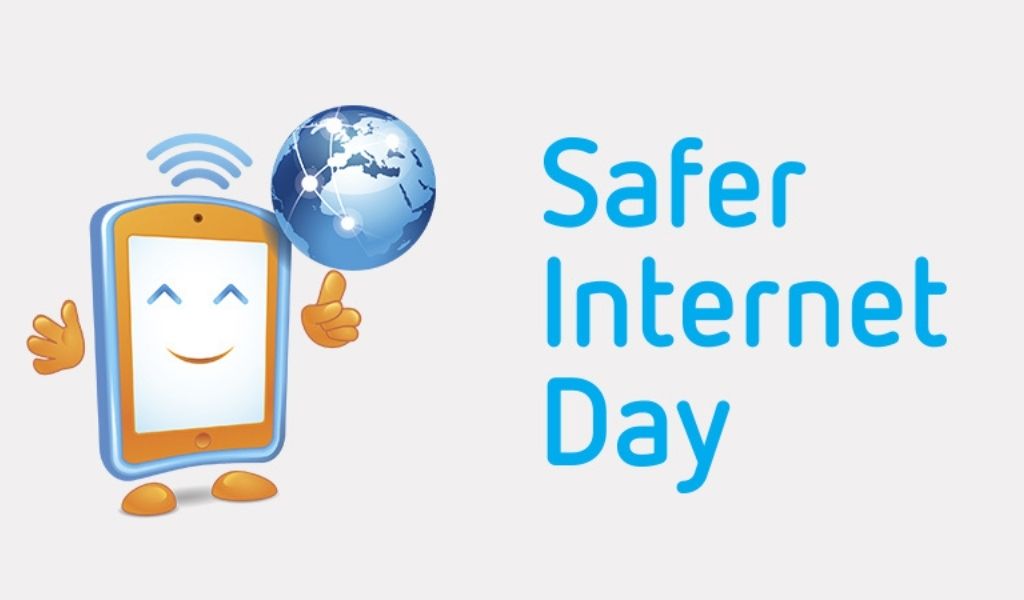
Safer Internet Day: The Future Is Digital, So Let Us Keep It Safe!
Today, we celebrate the 18th edition of Safer Internet Day. This day calls upon stakeholders to join together in order to make the internet a safer and better place for all, and especially for children and teenagers.
In this era of rapid technological advancements, the number of people using the internet has increased beyond imagination. But like any burgeoning metropolis, the internet too has neighborhoods – some safe and some dangerous. In real life, we are well aware of how not to step into the latter. But, whilst using the internet, it is a line that is hard to see. So, today, we will go over some really simple online safety tips that most of us take for granted.
Keep your privacy settings always on
Both web browsers and mobile operating systems have settings available to protect your privacy online. Major social media platforms such as like Facebook also have privacy-enhancing settings available. These settings are sometimes (deliberately) hard to find because companies want your personal information for its marketing value. Marketers love to know all about you, and so do hackers. Both can learn a lot from your browsing and social media usage.
Practice safe browsing
You would not choose to walk through a dangerous neighborhood – so do not visit dangerous neighborhoods online.
Cybercriminals use lurid content as bait. They know people are sometimes tempted by dubious content and may let their guard down when searching for it. The Internet's demimonde is filled with hard-to-see pitfalls, where one careless click could expose personal data or infect your device with malware. By resisting the urge, you are taking that chance away from hackers.
Be careful what you download
A top goal of cybercriminals is to trick you into downloading malware—programs or apps that carry malware or try to steal information. This malware can be disguised as an app: anything from a popular game to something that checks traffic or the weather. Do not download apps that look suspicious or come from a site you don't trust.
Choose strong passwords
Passwords are one of the biggest weak spots in the whole Internet security structure, but there's currently no way around them. And the problem with passwords is that people tend to choose easy ones to remember which are also easy for cyber thieves to guess. Select strong passwords that are harder for cybercriminals to demystify. Use different passwords for different sites/accounts. A strong password is one that is unique and complex—at least 15 characters long, mixing letters, numbers and special characters.
Be careful what you post
The internet does not have a delete key. Any comment or image you post online may stay online forever because removing the original does not remove any copies that other people make. So, do not put anything online that you would not want anyone else to see. Also, keep your personal information limited. We need to safeguard personal information such as financial data, medical records, home address etc. from being used against us or by someone else.
Making online purchases from secure sites
Anytime you make a purchase online you need to provide credit card or bank account information – just what hat cybercriminals are most eager to get their hands on. Only supply this information to sites that provide secure, encrypted connections. You can identify secure sites by looking for an address that starts with https: (the S stands for secure) rather than simply http: They may also be marked by a padlock icon next to the address bar.
I could go on, yes. But this is where I stop whilst simultaneously reminding you, a lot of bad things can happen on the Internet if we do not take the appropriate precautions.